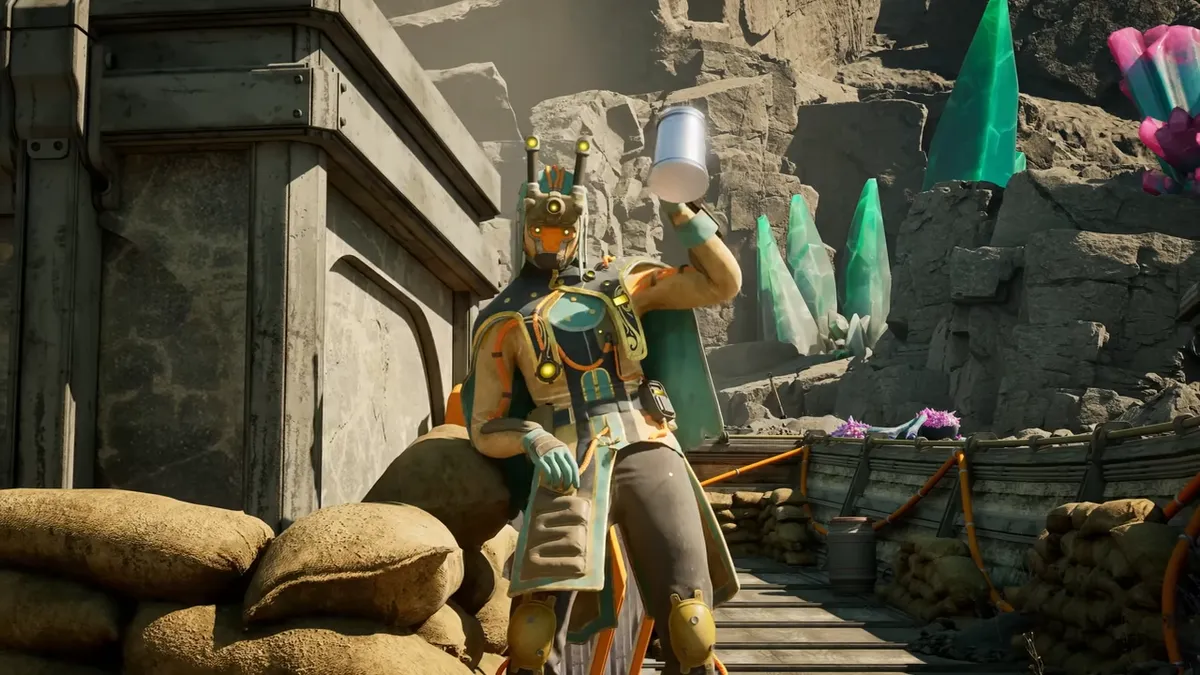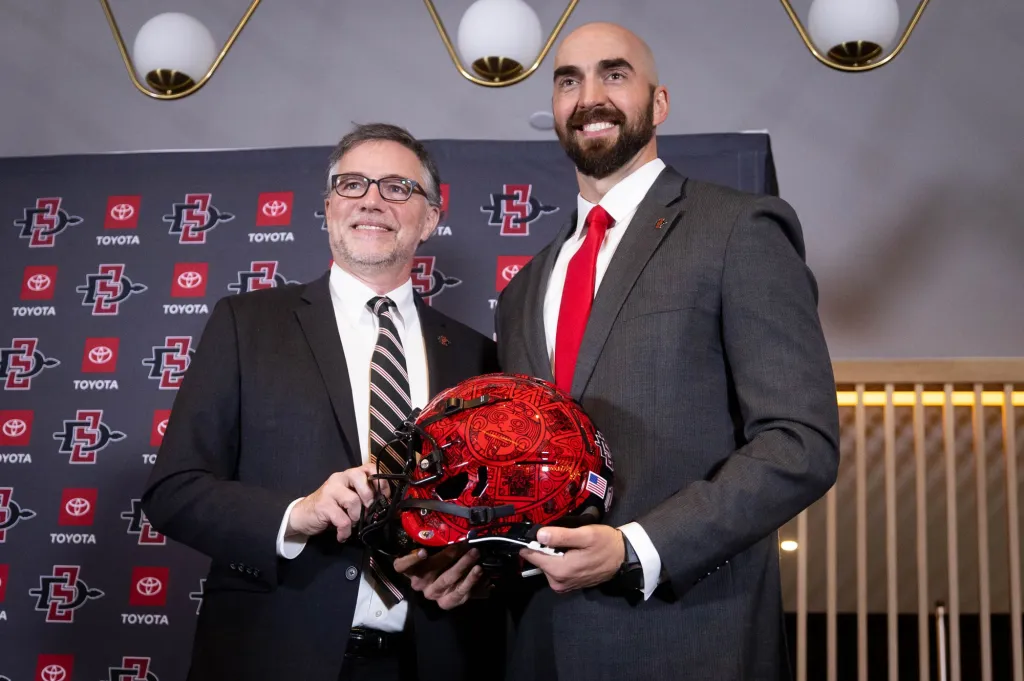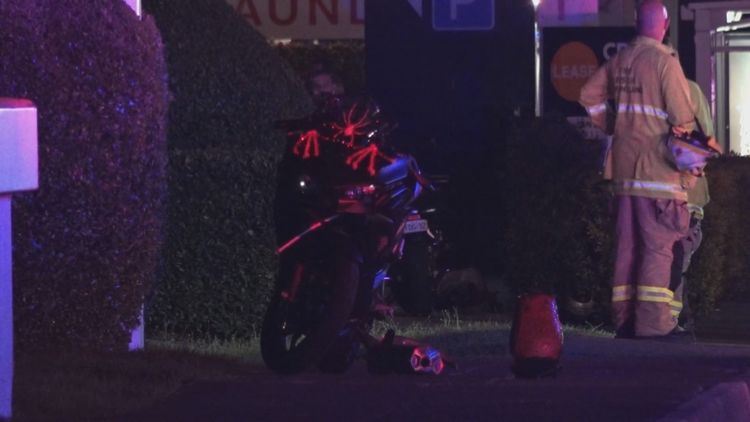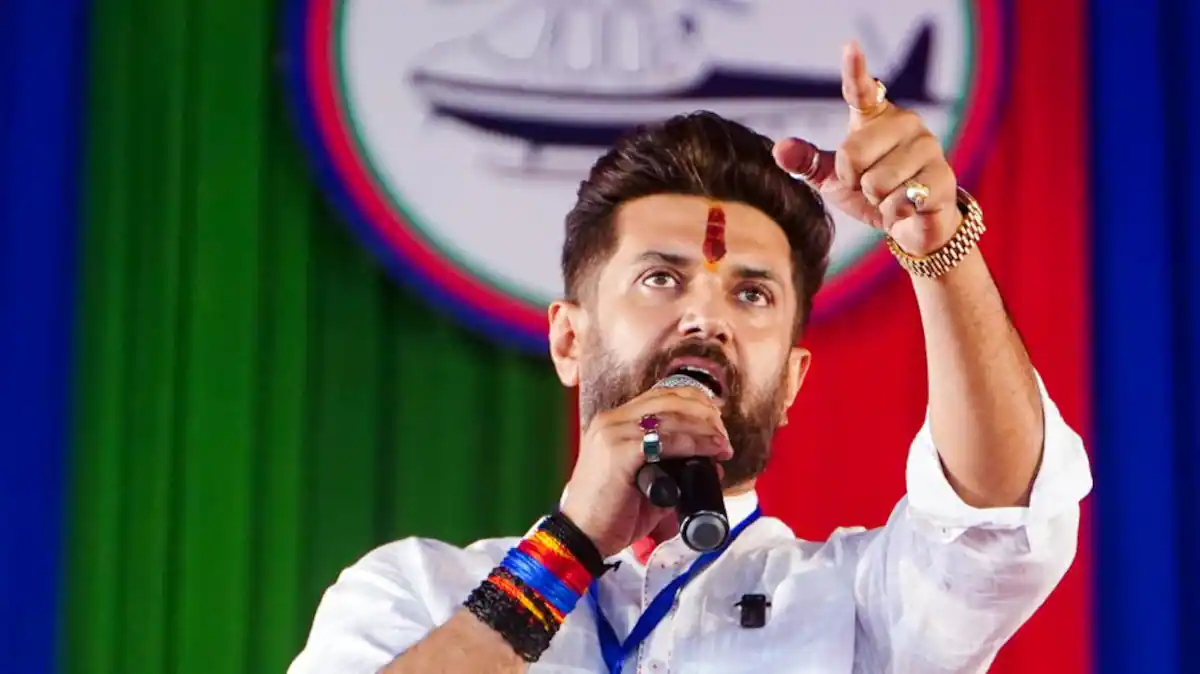Copyright Slate
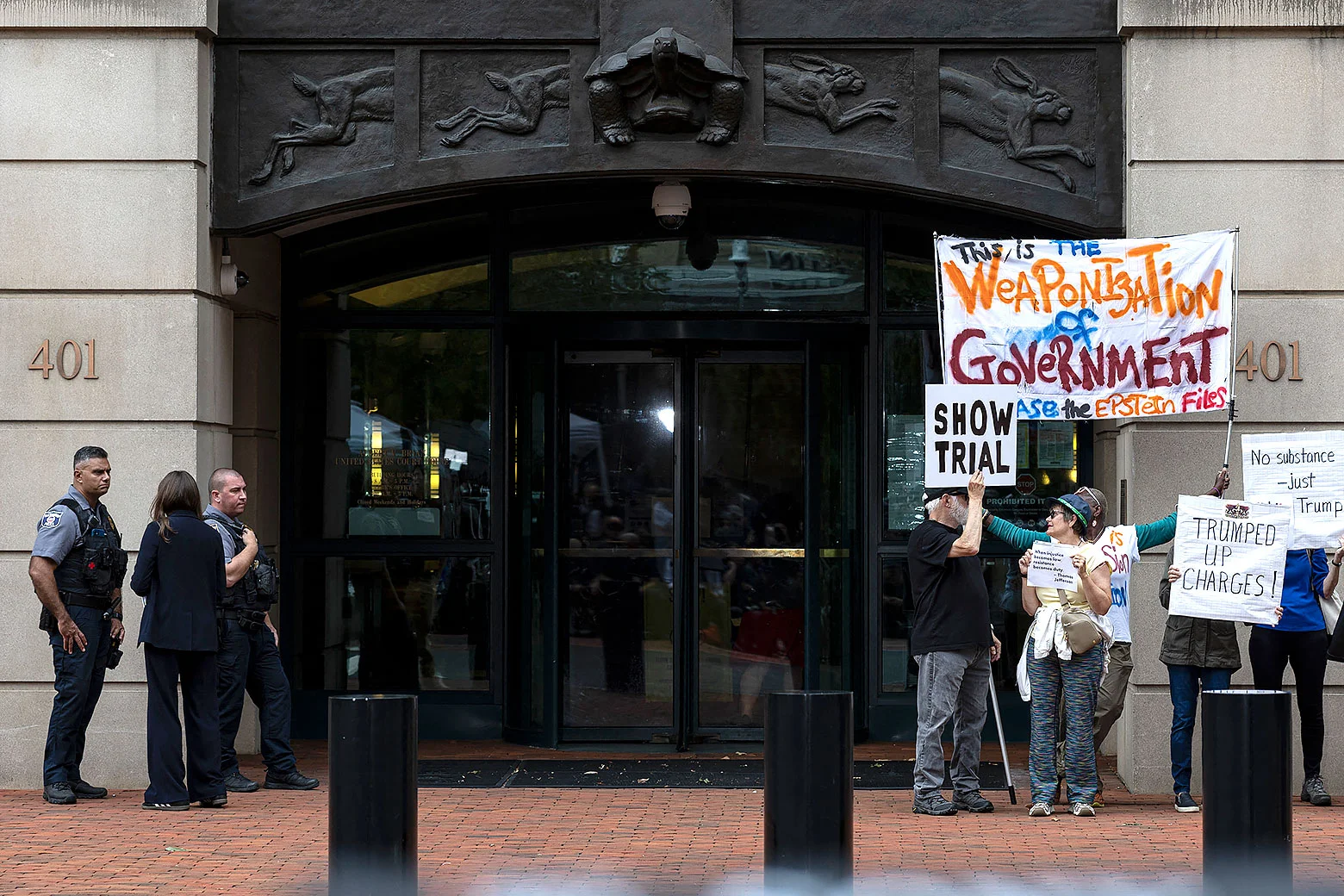
Sign up for the Slatest to get the most insightful analysis, criticism, and advice out there, delivered to your inbox daily. In the world of sports, there is an old maxim that captures the essence of competitive athletics: “Play the ball, not the person.” Play the ball, focus on the competition itself, honor the game, and don’t try to humiliate or hate your opponent. This is one of the many lessons that our current president appears never to have learned or accepted. President Trump is the classic “play the person” kind of leader. He seems to take pleasure in making everything personal. His approach does great damage to our culture and politics. It is also deeply destructive of our legal system. The president doesn’t hide his everything-is-personal approach. In fact, he wants the American public to know who his enemies are and to understand his embrace of an “all’s fair in love and war” political ethos. That’s why he has been clear about his desire to see people like John Bolton, Letitia James, and James Comey prosecuted. It will now be up to judges handling those cases to push back against the president’s weaponization of the Justice Department. On Wednesday, Magistrate Judge William Fitzpatrick, who is handling the preliminary phases of the Comey case, was the first up, and he gave a master class in judicial pushback. As the New York Times reports, he “repeatedly expressed his frustration—and at times his barely restrained annoyance—with [the federal prosecutor] during an otherwise procedural hearing in which he ordered the Justice Department to produce records from its investigation.” Before saying more about Fitzpatrick’s pushback, let’s recall why Comey made it to the top of Trump’s enemies list. Nine years ago, during and after the 2016 presidential campaign, no one would have predicted Trump’s vendetta against the former FBI director. In fact, but for Comey, Trump might not have ever been elected. ABC News notes: Comey announced in October 2016—less than two weeks before the presidential election—that the FBI was going to investigate Clinton’s private email server, months after federal investigators said it would not recommend charges. Trump praised the decision. At the time, Trump said, “I have respect that the FBI has given it a second chance.” The tone changed two days before the election, when Comey announced that he was not going to bring charges against Clinton. Never one to be bothered with evidence or the lack of it, Trump insisted, “Hillary Clinton is guilty. She knows it, the FBI knows it, the people know it.” Things really went south in early 2017 when the president made it clear that he wanted the FBI director to pledge his loyalty, and when Comey demurred. In March 2017, Comey got in more hot water when he went public with the fact that the FBI had been investigating suspected Russian interference during the 2016 election. Two months later, Trump claimed that “FBI Director Comey was the best thing that ever happened to Hillary Clinton in that he gave her a free pass for many bad deeds!” In early May of that year, Trump took the unusual step of firing the FBI director. It turned out that this was after an aggressive campaign by Trump to push Comey into dropping an investigation of his former national security adviser, Michael Flynn. Flynn would eventually be convicted and then pardoned for lying to federal investigators as part of that investigation into Russia’s election interference. Almost a year later, Comey got a measure of revenge when he told an interviewer that the president was “morally unfit to be president.” He cited in particular his response to a white supremacist rally in Charlottesville, Virginia. “A person who sees moral equivalence in Charlottesville,” Comey explained, “who talks about and treats women like they’re pieces of meat, who lies constantly about matters big and small and insists the American people believe it; that person’s not fit to be president of the United States, on moral grounds.” In September, Comey was “indicted on charges of making a false statement and obstruction related to his testimony before the Senate Judiciary Committee in 2020.” It followed a social media post in which the president demanded that Attorney General Pam Bondi bring charges against Comey and others. To accomplish that goal, the president removed the federal prosecutor with jurisdiction over the Comey matter, but didn’t think there was enough to indict. The administration replaced him with a former Trump defense attorney, Lindsey Halligan, someone who the president said was willing “to get things moving.” Getting things moving does not require playing by the rules. And Halligan has not been. She has been dragging her feet when it comes to turning over evidence to the defense as is required under the Federal Rules of Criminal Procedure. Comey’s defense needs that information, especially emails between Comey and a close friend, Daniel Richman, who will be a key prosecution witness. That failure constitutes prosecutorial misconduct. It is called a Brady violation, after the Supreme Court case Brady v. Maryland, which requires prosecutors to disclose any evidence that is favorable to the defendant or could undermine the prosecution’s case. And if that were not bad enough, the prosecution had revealed text exchanges between Comey and Richman without giving the defense a chance to review them and challenge their release. Fitzgerald took the unusual step of ordering Halligan to turn over to the court grand jury materials that involved Comey and Richman. The New York Times was right to characterize this as “a significant development.” It will permit Comey’s lawyer, the Times adds, “to scrutinize exactly how Ms. Halligan characterized the evidence against Mr. Comey when she showed up for what was her first-ever appearance in front of a grand jury.” But even more significant was Fitzpatrick’s characterization of the case against Comey as an example of an “indict first, investigate second” kind of prosecution. Right from the start, Comey has labeled the decision to indict him as a “vindictive prosecution,” a prosecution brought in retaliation for someone’s exercise of a constitutionally protected right. The prohibition of such behavior, SCOTUSBlog’s Rory Little explains, “is founded in constitutional due process. So too is the idea that a person may not be selected for prosecution purely as a matter of revenge—vindictive prosecution. In this sense, vindictive prosecution is simply a subset of improper selective prosecution.” As Comey’s lawyers put it in a filing seeking dismissal of the indictment, the prosecution “arises from multiple glaring constitutional violations and an egregious abuse of power by the federal government … President Trump ordered the Department of Justice to prosecute Mr. Comey because of personal spite and because Mr. Comey has frequently criticized the President for his conduct in office.” “Indict first, investigate second” is virtually a synonym for vindictive and selective prosecution. That is why what Judge Fitzpatrick said is so significant in the Comey case. But it is more than that. Fitzpatrick is telling the president and the world that he will not let the administration use Comey to stage a “show trial,” the kind familiar in authoritarian regimes where guilt is predetermined and the prosecution is staged for propaganda purposes and to intimidate political opponents. That is good news, not just for Comey, but for all of us who still cling to the idea that we can criticize the president and the government he leads without being afraid that we will become a target of the president’s personal pique.
